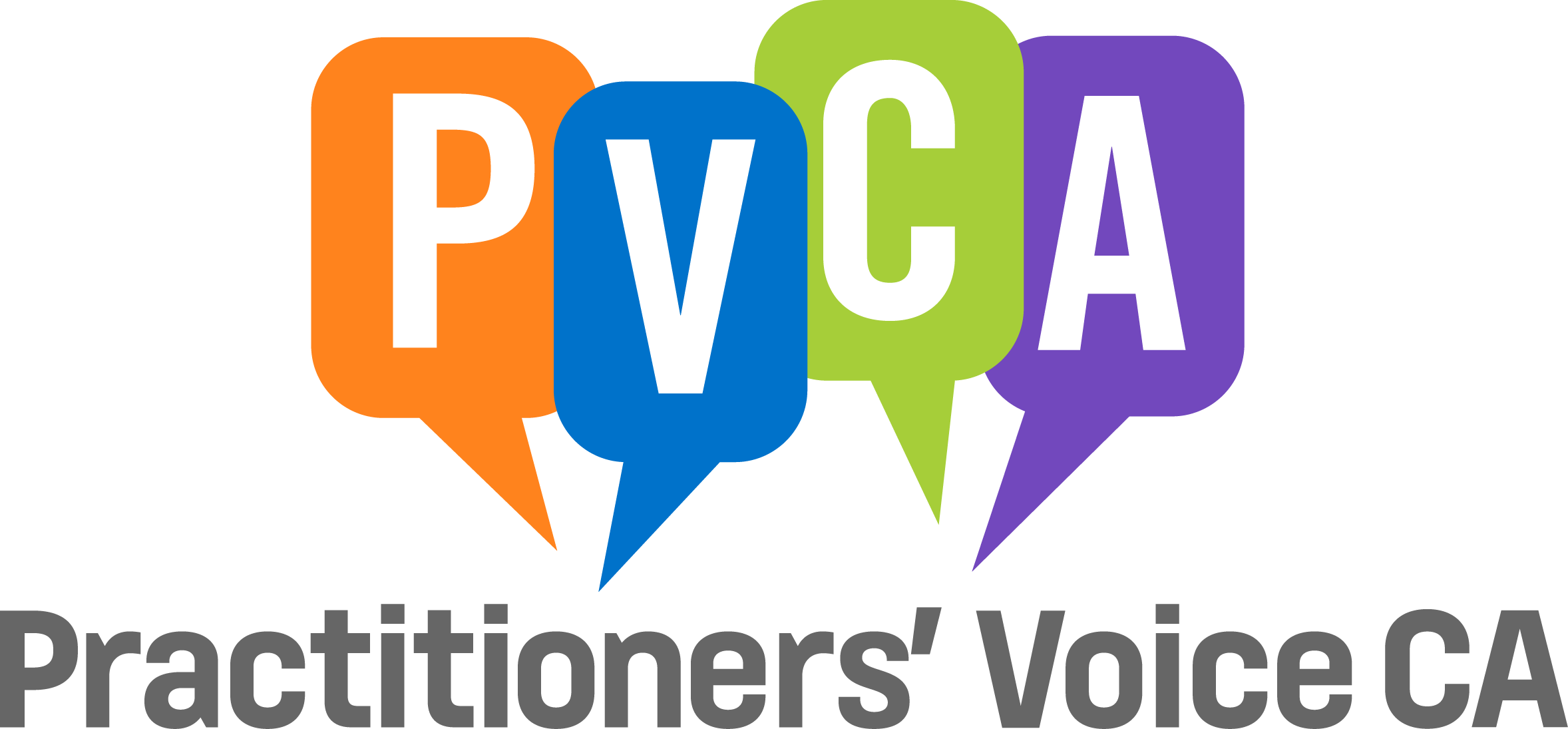Through the following resources, understand how California's Budget Cycle Works. Learn how you can make a difference by sharing your stories with key legislators and the Administration. You are the expert in your field, and they appreciate hearing about how the budget impacts you, your programs, and the families you serve. The first step is understanding how the budget process works and key deadlines.
The State Budget Process Explained
The California Budget and Policy Center, a research and analysis nonprofit advancing public policies that expand opportunities and promote well-being for all Californians, published the following webinar to help understand the process.
The State Budget Visualized
On the Capitol Doorstep has published the following chart that will help you understand the process. Download the chart here.
A Guide to the State Budget Process
The following report contains valuable information, including terminology to know, how the voting process works, and much more. Download the report here.
Current Budget Proposals
Current and past California-approved and proposed budgets can be found here.
California's Budget Process - Detailed
The CA Department of Finance has a site dedicated to explaining the process California uses to enact its budget. You can find that site here.
Citizen's Guide to Participating in the Budget
Learn how your voice can be heard in the budget process by reading the following publication from the California State Senate.






